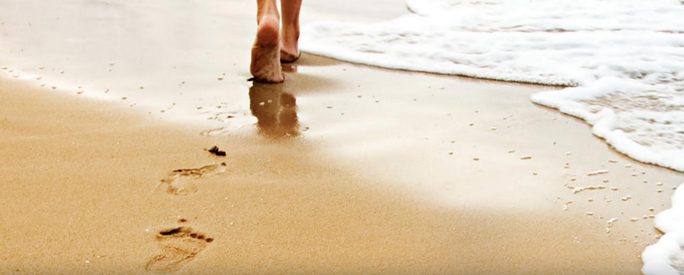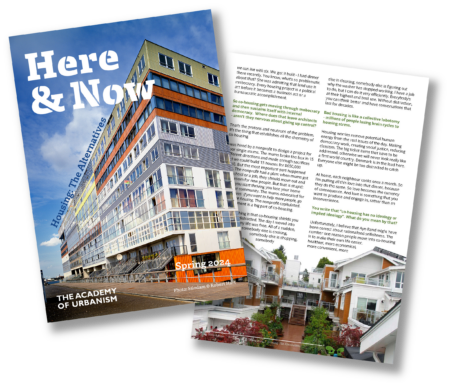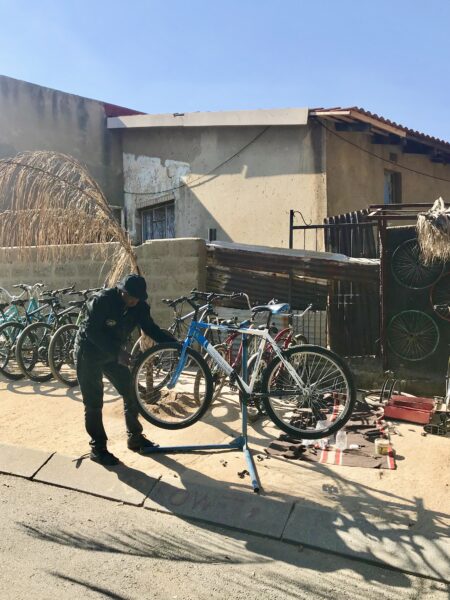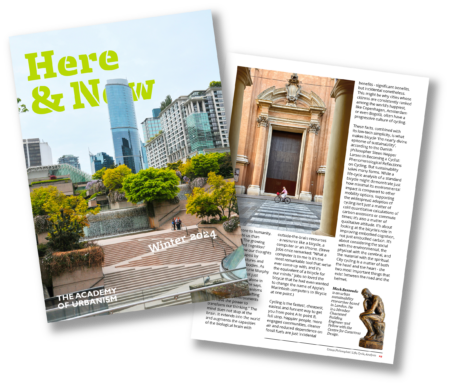A collection of essays edited by Matthew Niblett and Kris Beuret seeks to understand our need to move and how it shapes our lives. Nicholas Falk suggests that the collection asks questions relevant to all urbanists.
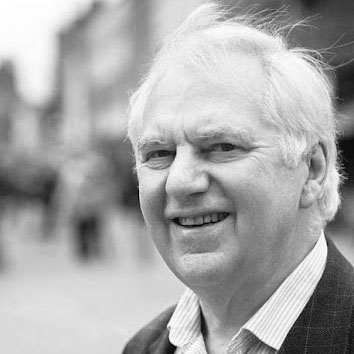 As the essence of urbanism is movement in space, this book of essays is extremely relevant and very readable. The book was commissioned by the Independent Transport Commission. Their Director Matthew Niblett put the book together with Kris Beuret of Social Research Associates, and provides the introduction and conclusions, as well as chapters on the philosophy and literature of travel. Sections deal with motivations, travel for exploration, and a final section on limits and new horizons.
As the essence of urbanism is movement in space, this book of essays is extremely relevant and very readable. The book was commissioned by the Independent Transport Commission. Their Director Matthew Niblett put the book together with Kris Beuret of Social Research Associates, and provides the introduction and conclusions, as well as chapters on the philosophy and literature of travel. Sections deal with motivations, travel for exploration, and a final section on limits and new horizons.
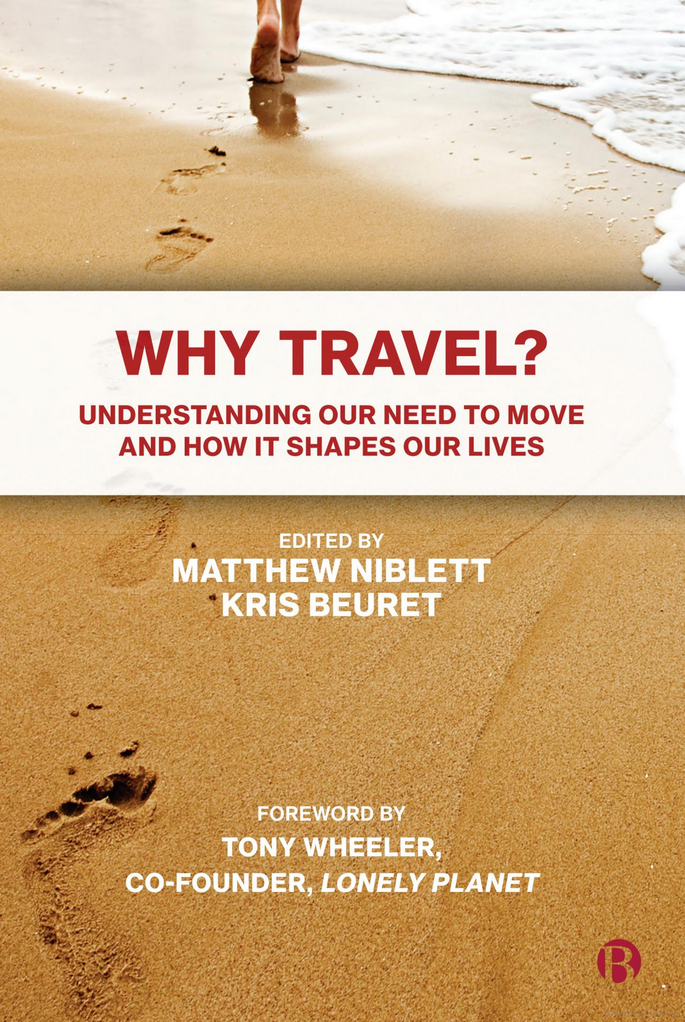
The assumption made by policy makers is that travel is a necessary activity the sole function of which is to get us to places we need to be. This leads to the fallacy of the Department of Transport’s focus on saving time, which was used to justify High Speed 2. It is exposed in a chapter on the Economics of Travel where the authors stress the value of the journey, as opposed to simply getting to the destination. Around 14% of UK household spending goes on travel, more than is spent on housing and power. World-wide, travel accounts for 28% of energy demand and 23% of carbon emissions. Consequently, influencing travel behaviour is of crucial importance to future wellbeing.
The use of travelling is to regulate imagination by reality
Dr Johnson
Despite the focus of much transport research on journeys to work, most trips are in fact for non-work purposes. Significantly, most people around the world spend an average of one hour a day travelling a rule of thumb that is known as Marchetti’s Constant. Because of this, the main effect of speeding-up travel is to enable those who can afford it, to live ever further from their work. This rather undermines arguments that high-speed travel will cut carbon emissions or reducing inequalities.
Evolutionary biologist Professor Charles Pasternak suggests that travel is hardwired into human brains who evolution has made a migratory species. Elsewhere anthropologist Professor Tom Selwyn and sociologist Kristine Beuret show how travel has shaped societies and cultures across the world and other chapters show how travel has been the concern of philosophers. Dr Samuel Johnson several centuries ago wrote aptly: ‘The use of travelling is to regulate imagination by reality, and instead of thinking how things may be, to see them as they are’.
One of the best chapters comes close to the end where Deborah Saunt and Tim Greenall of DSDHA deal with Placemaking and Travel. After explaining the growth of cities in terms of changes in the distances people could travel, thanks to improving technology, they ask why the areas around stations are typically of such poor quality. They argue that we need ‘new ways of making places where people want to be rather that just spaces where people have to be’. Their practice has been applying their skills to Somers Town, which lies between Euston and St Pancras Stations, and which could provide a good test case.
Having read the book on a holiday trip by train to the Lake District, (where we stopped off at Preston in a hotel overlooking their enormous Bus Station), and later walked back to Kings Cross from Euston I was amazed at how difficult it is to find your way around on foot without battling with traffic or getting lost in complex interchanges.
For all the digital aids and occasional fancy signboards, surely the first priority for planners and engineers should be to make walking everywhere into such a pleasure that people leave their cars behind or use public transport wherever it viable? As concepts such as ConnectedCities or the tools of Space Syntax have so much to offer, there should be room for a further book that covers what can be done to make travelling much more of a pleasure than it currently is, and to make it far easier to reach agreement between all the competing interests.
WHY TRAVEL? Understanding our need to move and how it shapes our lives is published by Bristol University Press, 2021
Dr Nicholas Falk is Executive director of The URBED Trust


